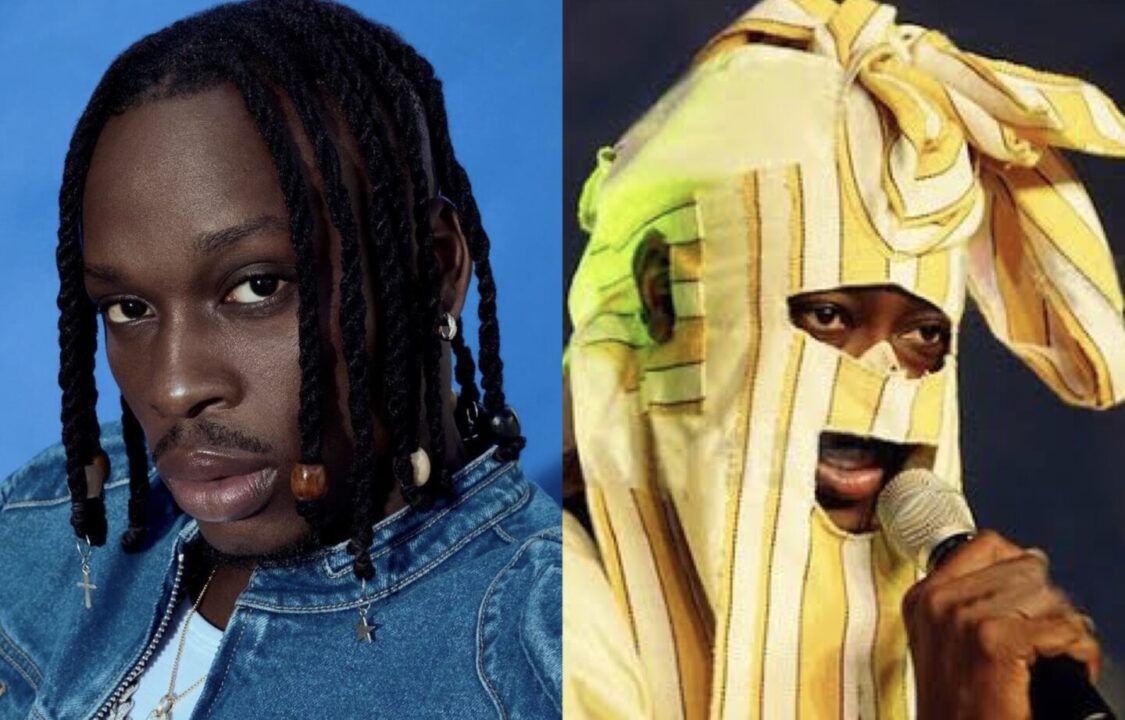
The singer spoke in an interview with Apple Music about his studio session with the legendary Lagbaja.
Nigerian ace singer, songwriter, and performer Adedamola Adefolahan, Fireboy DML, has spoken about his studio session with legendary Nigerian Afrobeat maestro Lagbaja.
The YBNL/Empire artist, who just dropped his fourth studio album this week—after releasing his debut album Laughter, Tears & Goosebumps, the sophomore album APOLLO, and the third project Playboy— in an interview with Apple Music Africa Now spoke about the background stories involved in creating the new album.
The 14-track self-titled album 'Adedamola' released on Thursday, August 29th, 2024, features the iconic Nigerian Afrobeat and Traditional Folk musician Lagbaja, American soul-stirring Grammy-winning singer Jon Batiste, Afrobeat veteran musician Seun Kuti, Afrobeats star Lojay, and award-winning Nigerian disc jockey Spinall.
In the interview with Apple Music Africa Now, Fireboy spoke about his experience collaborating with Lagbaja, who has been scarce in the music scene. According to the 28-year-old singer, he wanted the album to theme around nostalgia, hence the reason why he decided to have iconic acts like Lagbaja and Seun Kuti on the project. Speaking about the Lagbaja record 'Back n Forth,' he said:
"That’s a special record, right there. It means a lot to me getting a legend like Lagbaja on that record, in [the] time that we are in now. One major theme around the album is nostalgia—there’s this nostalgic feeling when you listen to the album, so it’s only right that I employed my legends in the game to help me push this message. Right from the very beginning, I knew this record was special, and I could not wait for everyone to listen to it."
READ ALSO - Watch heartwarming video of Burna Boy's mum reacting to his latest BOSS campaign
Speaking further on whether he was able to see Lagbaja's real face, as the icon's brand is based on wearing masks and maintaining anonymity, Fireboy DML revealed that the icon didn’t show his face throughout their studio session. He said:
"You would not believe this: [Lagbaja] was masked up in the studio. It was crazy—I did not get to see his face. I had a few interesting thoughts; I wanted to ask him if I could see his face! But you know, all that matters is that we made the music. That’s what makes Lagbaja, Lagbaja. You know, “Lagbaja,” where I’m from, in the Yoruba language, means, "Mr. Nobody," an anonymous person; so it’s only right that I do not get to see his face. I’m glad he got to be on the record—a special person, a special artist, a special record."